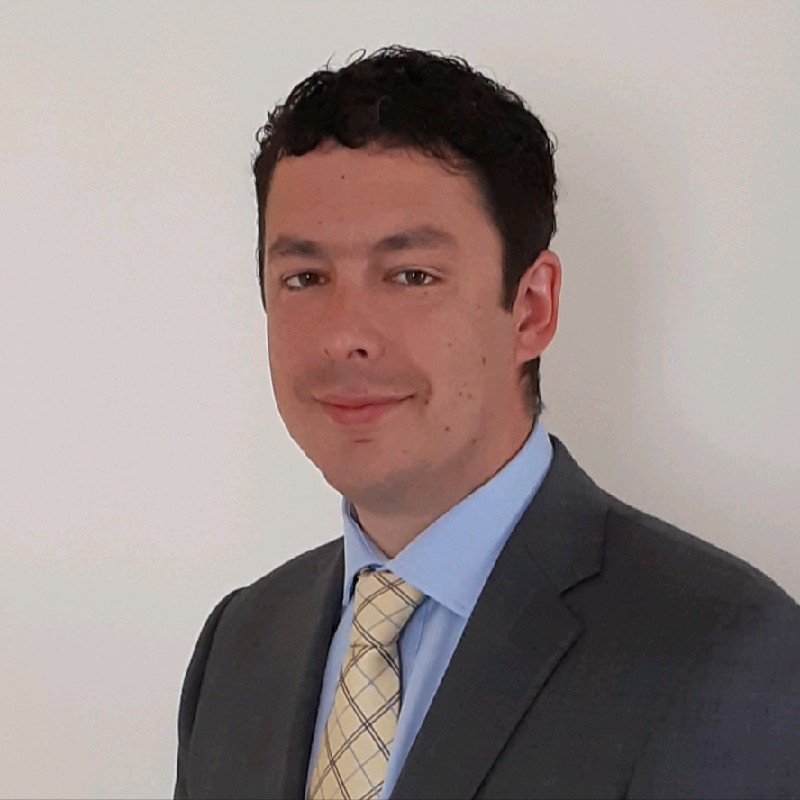
30% investors have retirement regret – investment picks to take the hard work out of pension planning
- Over 30% of people surveyed by HL wish they had focused more on their pension saving
- This lack of interest causes many to have less than they expected when they come to retire
- HL’s investment picks take the hard work out of retirement planning
Figures from Opinium survey of 2,000 people for HL in May 2023
Hal Cook, senior investment analyst, Hargreaves Lansdown:
“Making sure you have enough income in retirement is one of the biggest challenges facing investors. One in 10 retirees say they regret not looking more closely at their investments while saving, with a further 22% wish that they had got to grips with pension saving earlier. This, coupled with the fact that 55% of respondents don’t know how their pension investments are performing, highlights the lack of interest that people seem to have for their retirement financial planning.
The reality for most is that retirement seems so far away it becomes the thing you keep pushing down your to do list – something you will look at tomorrow, rather than making it a priority with today’s jobs. This present bias can result in lower retirement savings.
Cash may be a good idea for your rainy-day savings, but for retirement you need to be invested. And the power of compound interest and time in the market means the earlier you start, the easier it is to grow a sizeable pension pot.
What you should be invested in depends on where you are in your retirement journey. As you near pension age, you should prioritise capital preservation and look to income generating assets.
Investing to build your retirement pot
1) L&G Future World ESG Developed Index
This fund invests in broad developed stock markets while being mindful of environmental, social and governance (ESG) issues. It aims to track the performance of the Solactive L&G ESG Developed Markets Index. It won’t invest in tobacco companies, pure coal producers, makers of controversial weapons or persistent violators of the UN Global Compact Principles. An index tracker fund is one of the simplest ways to invest, and this one could be a good addition to a broader investment portfolio aiming to deliver long-term growth in a responsible way.
2) BNY Mellon Multi-Asset Balanced
Mixed asset funds normally invest in a mix of different investments including shares, bonds, commodities, property and currencies. Each one is slightly different, but the principle is the same: a greater level of diversification should mean fewer ups and downs for your investment over time.
This fund likes to keep things simple, usually investing in a combination of shares, bonds and cash. Most of the fund is invested in shares, with typically 70-80% of the fund invested there. The manager favours the shares of established companies with competitive advantages, that often pay a dividend.
The fund will typically be invested in companies based in developed countries such as the US or Europe (including the UK). While the fund has the option to invest in corporate bonds, the manager prefers to hold government bonds from countries like the US or the UK instead. This is because it is very unlikely that these governments will default on their bond payments.
Investing for income in retirement
1) Royal London Corporate Bond
Investment grade corporate bond funds hold bonds issued by companies at the higher end of the credit quality spectrum, meaning these are companies that are more likely to be able to repay their debts to bondholders. As such, they tend to offer lower yields than bonds issued by companies that are less likely to be able to pay off their debts. While they tend to offer lower yields than bonds issued by higher risk companies, prices of these bonds tend to be less volatile over time. We think a corporate bond fund could be a good addition to a diversified portfolio invested to generate income.
The managers of this fund search for bonds that other investors have misunderstood. Often, they’ll be perceived as too risky. But with some extra analysis the Royal London team can often be confident there are sufficient rewards on offer for the risks being taken. They typically take a long-term view, with the aim to exploit inefficiencies and find undervalued opportunities.
2) Baillie Gifford Sustainable Income
This fund invests across three broad investment areas: shares, property/infrastructure and bonds. The aim of the fund is to increase the distribution paid to investors by more than the increase in the consumer prices index, over the long term. This means the fund is focused on providing a resilient income over time.
While the income provided by this fund may not be the highest available, the focus on income across everything that it invests in means you can expect the income to be consistent.
This fund is one of Baillie Gifford’s sustainably labelled funds, meaning that ESG considerations are a meaningful part of how they assess investments for it.”





